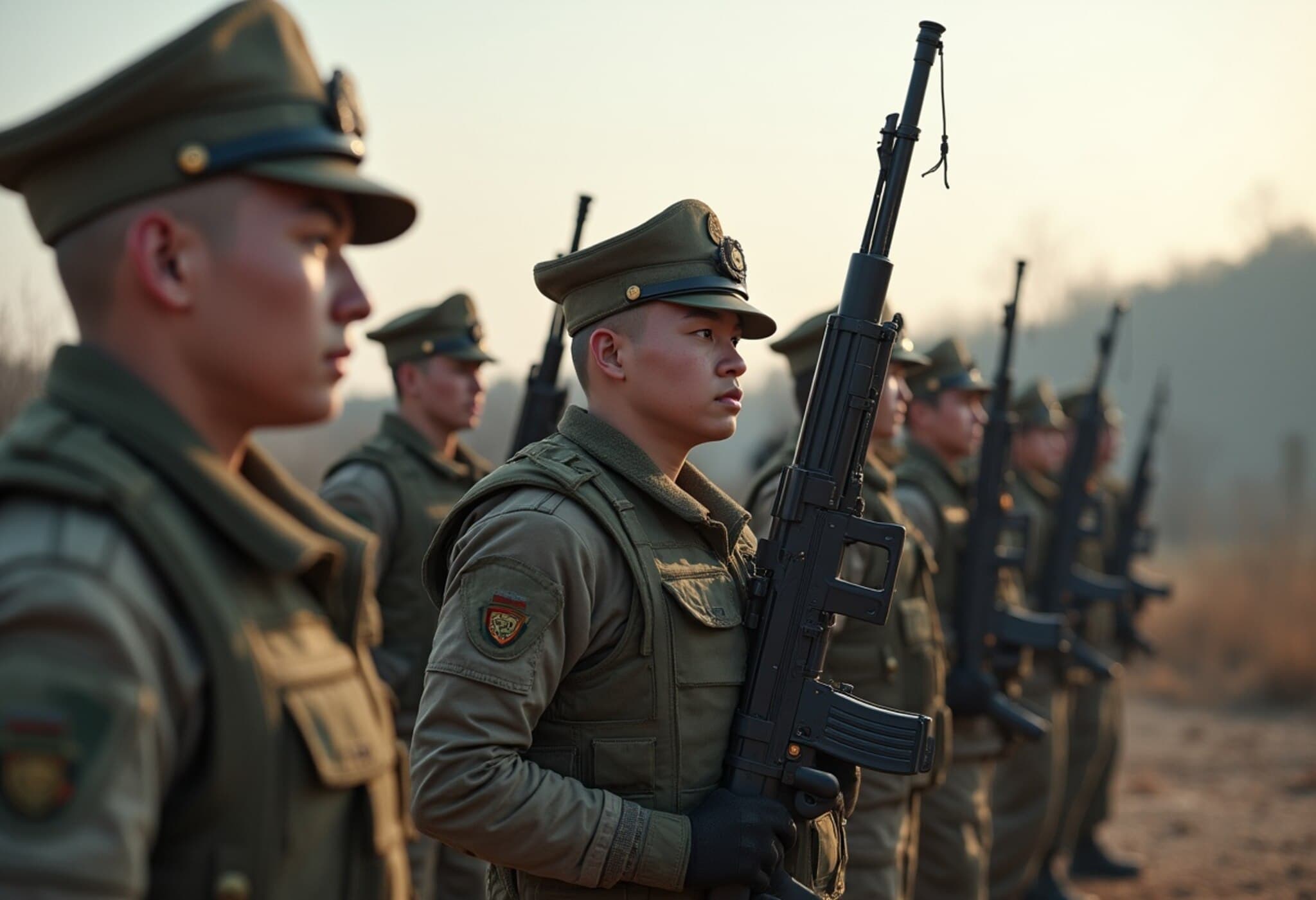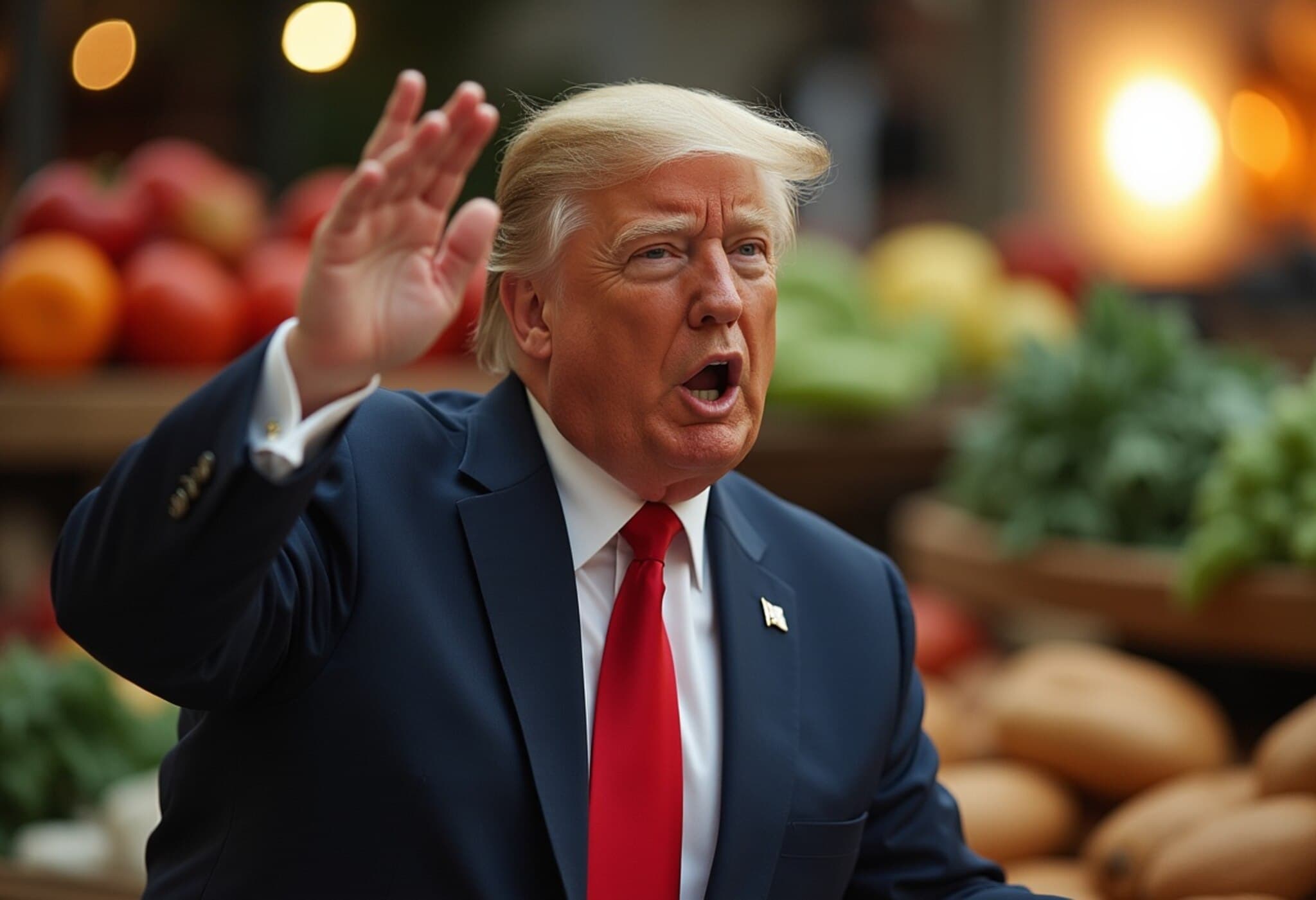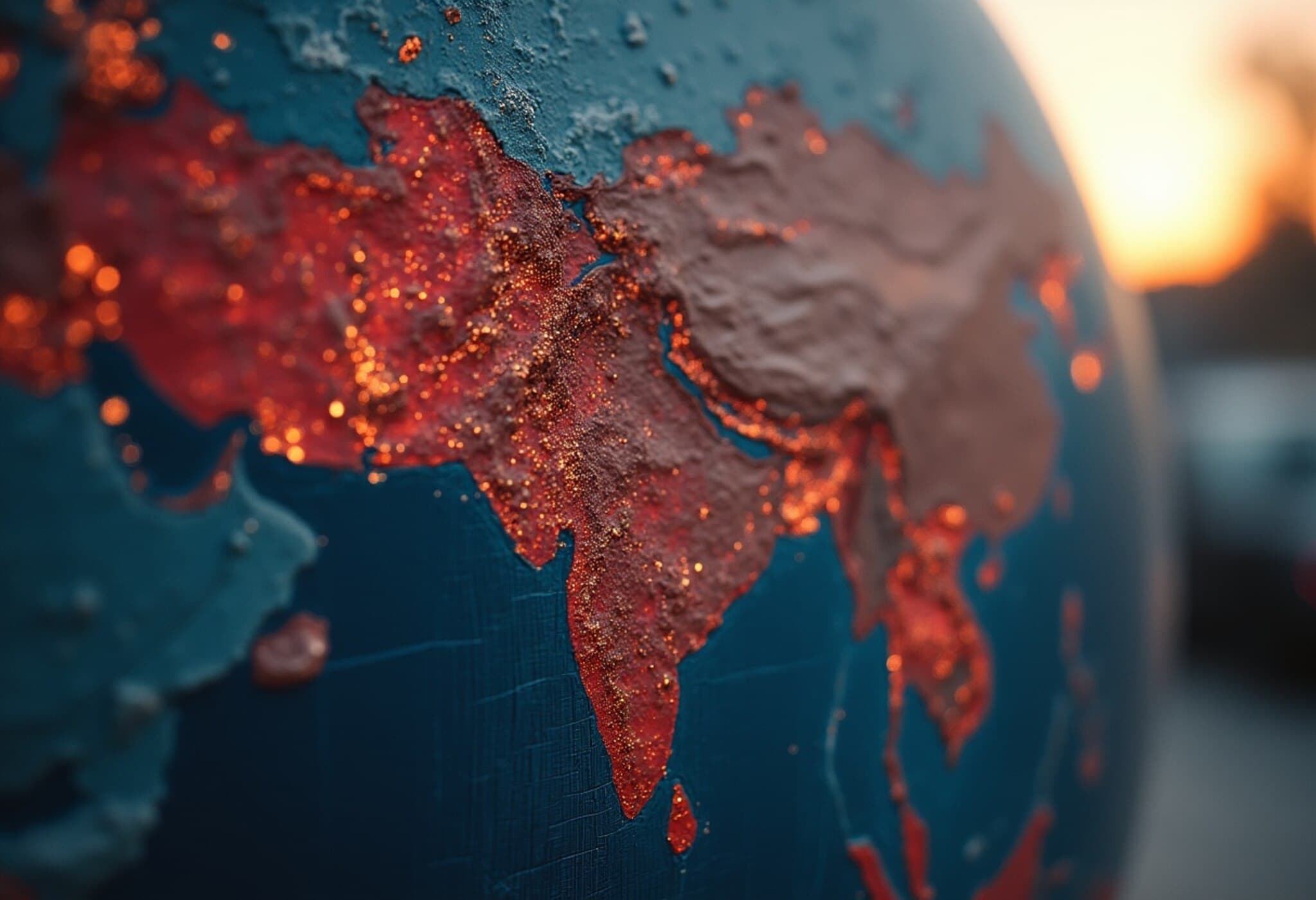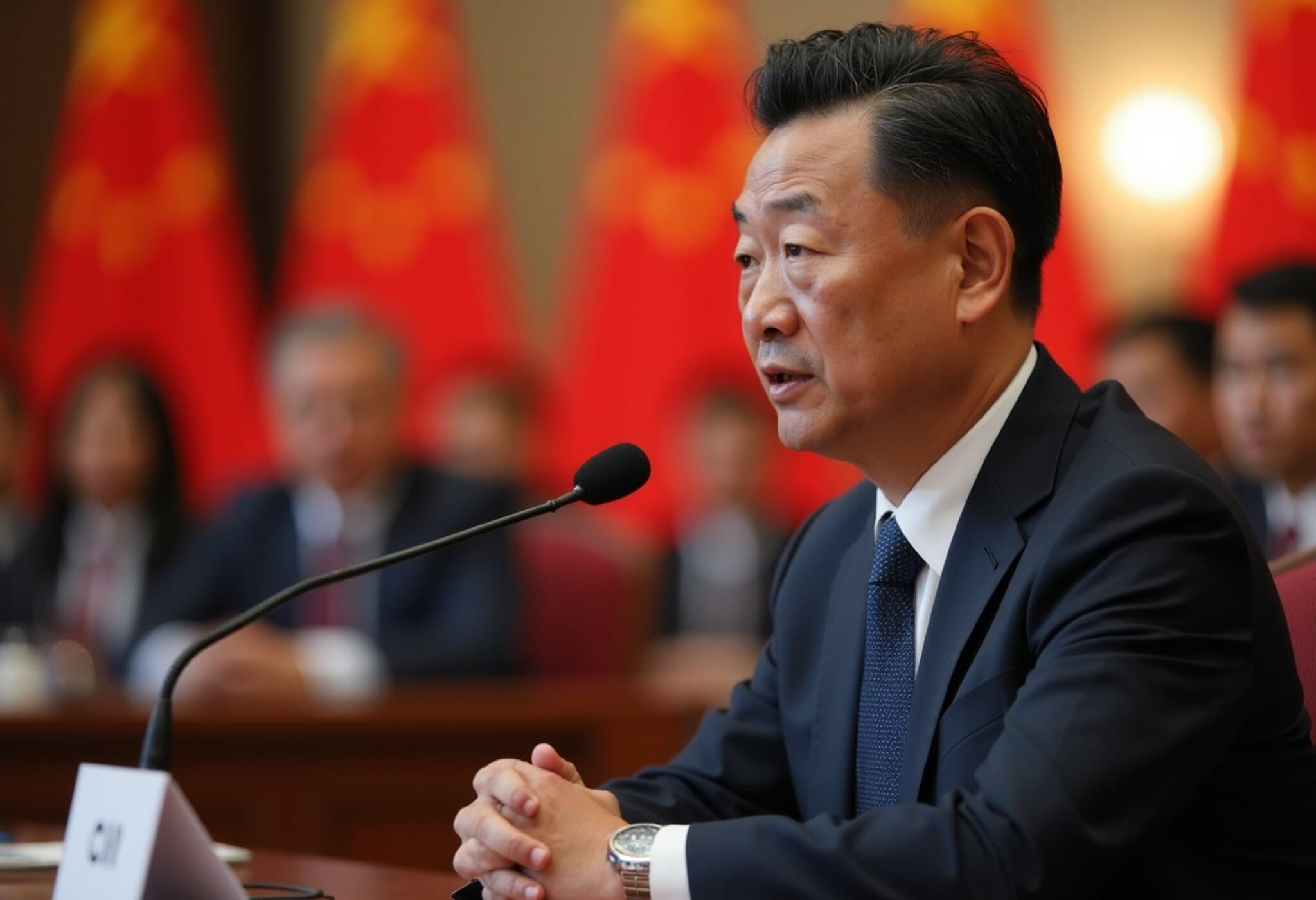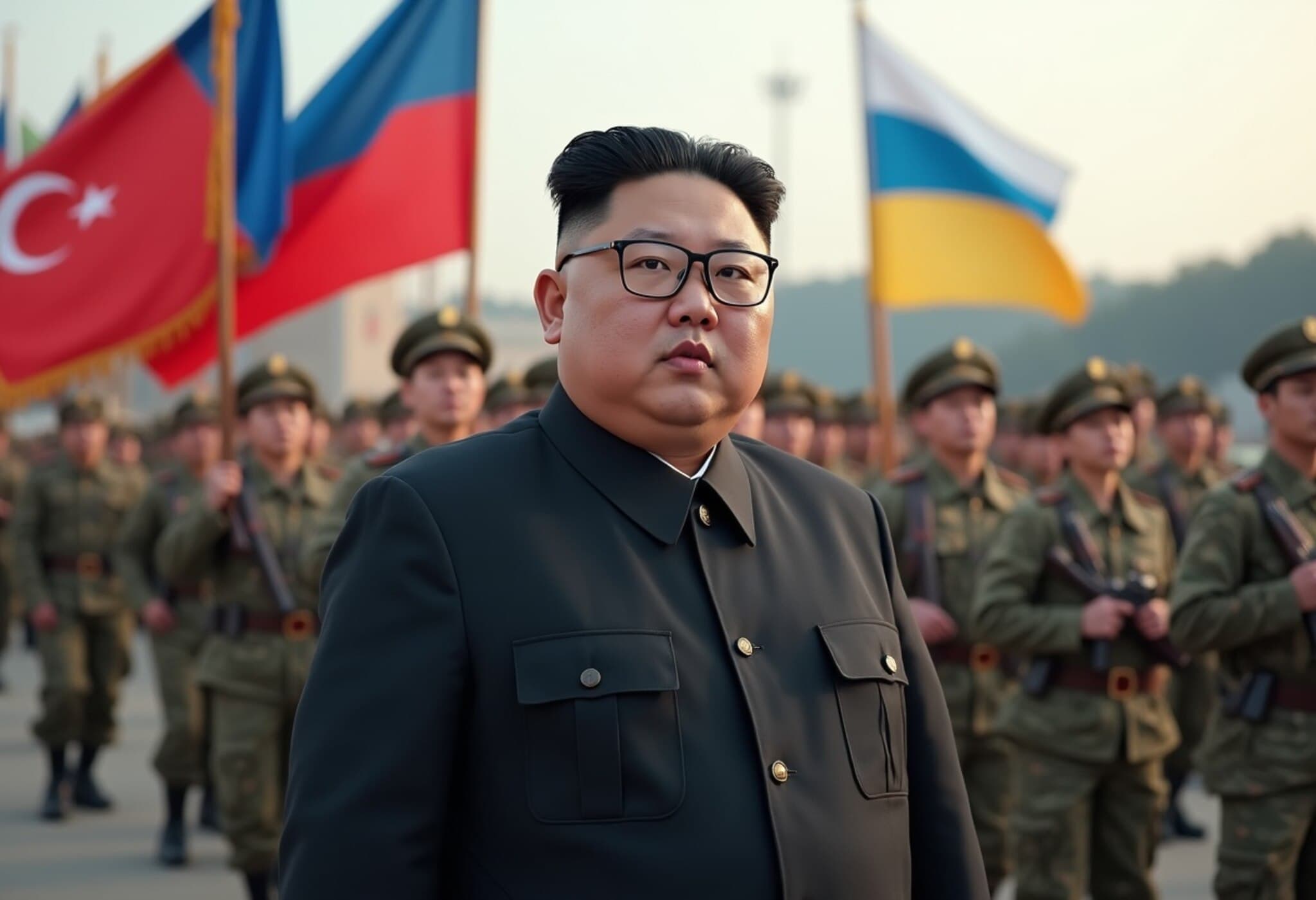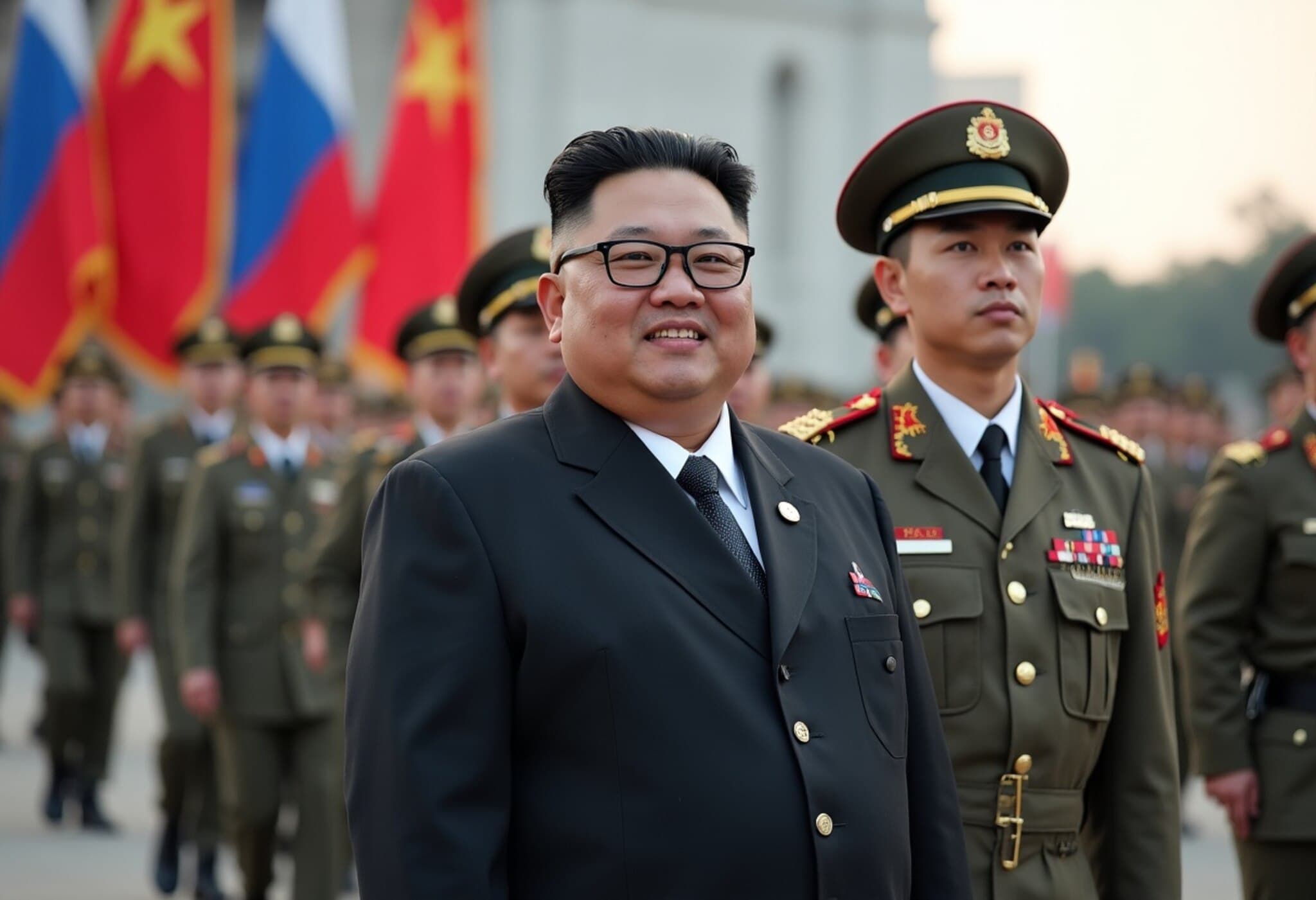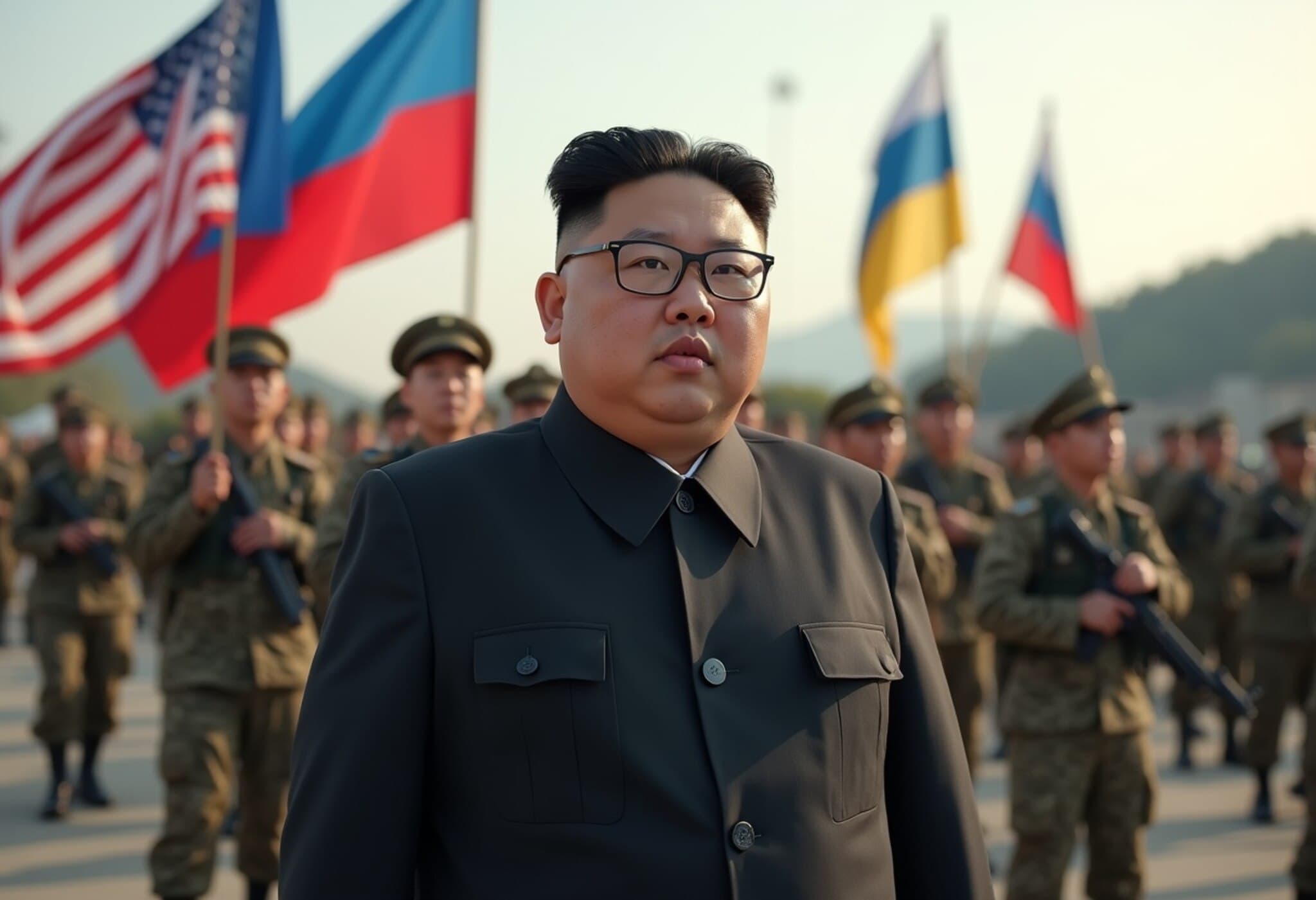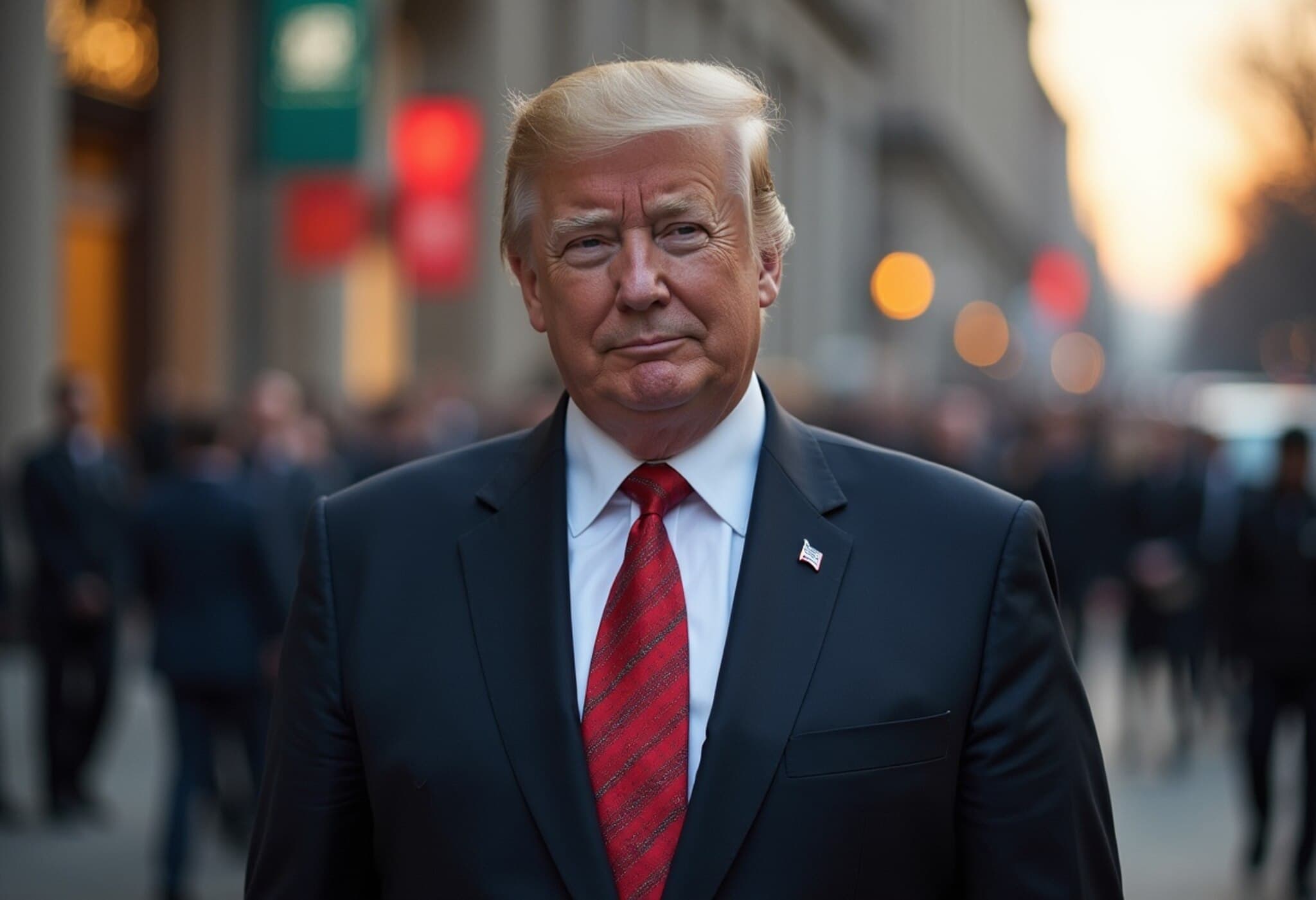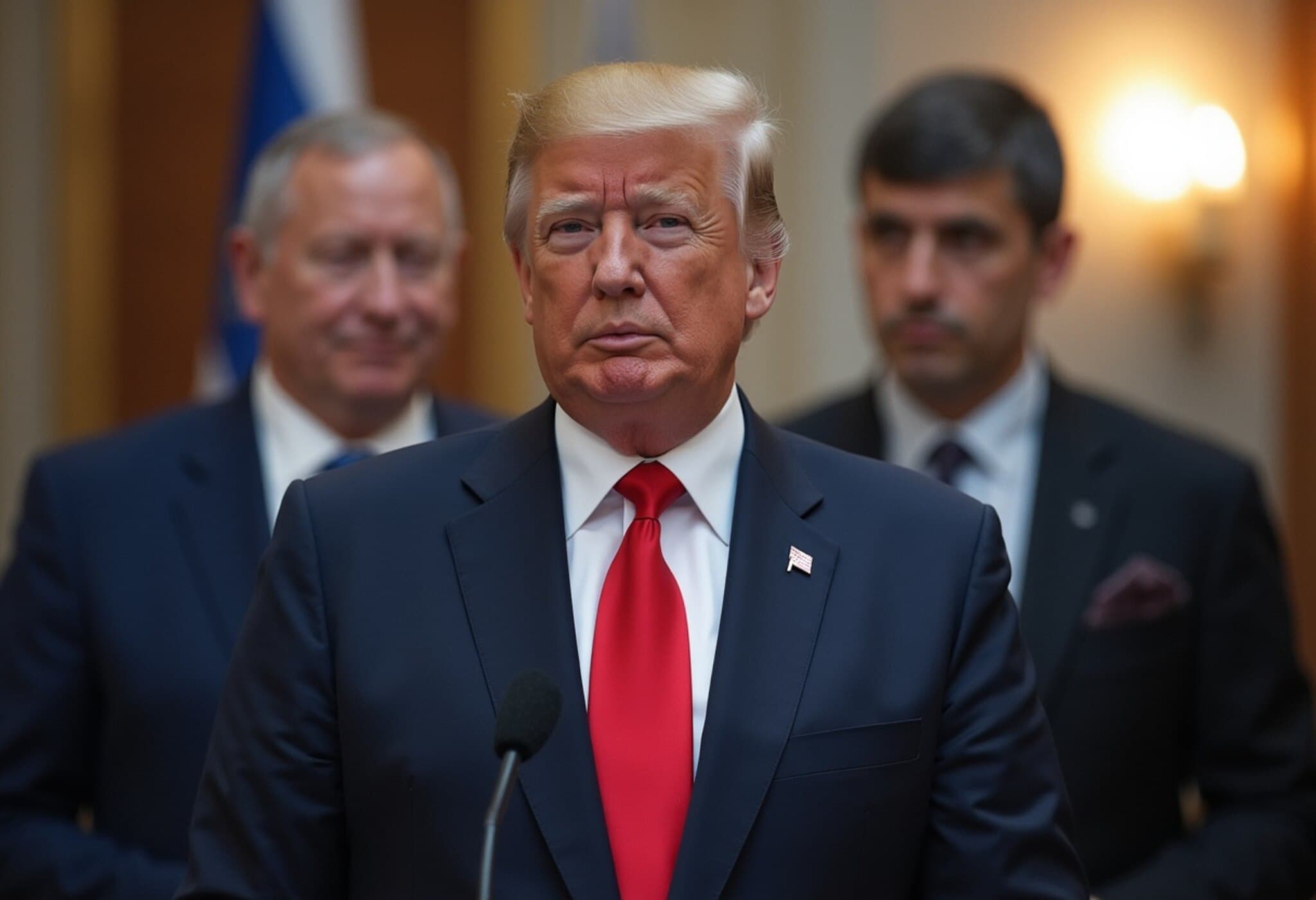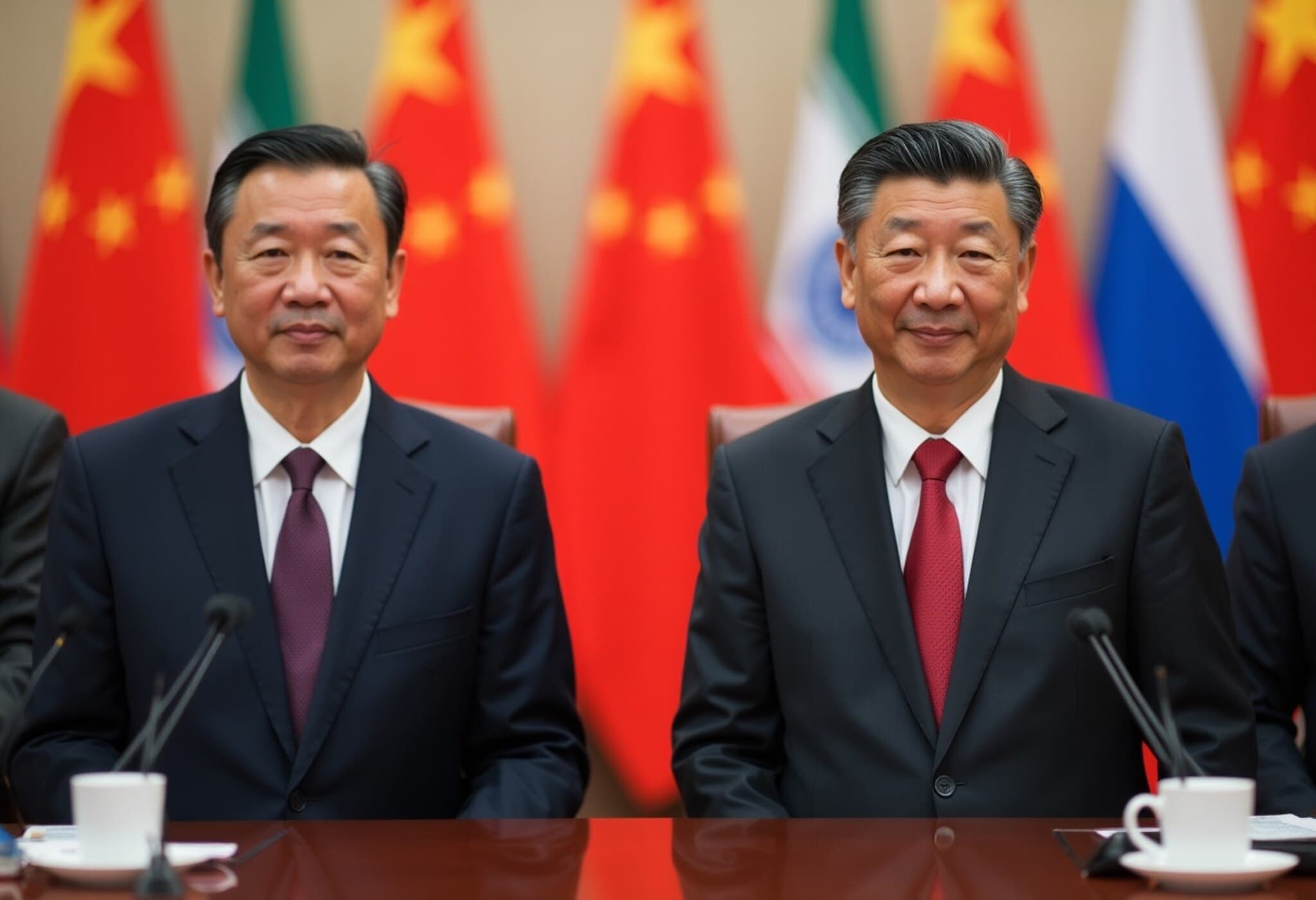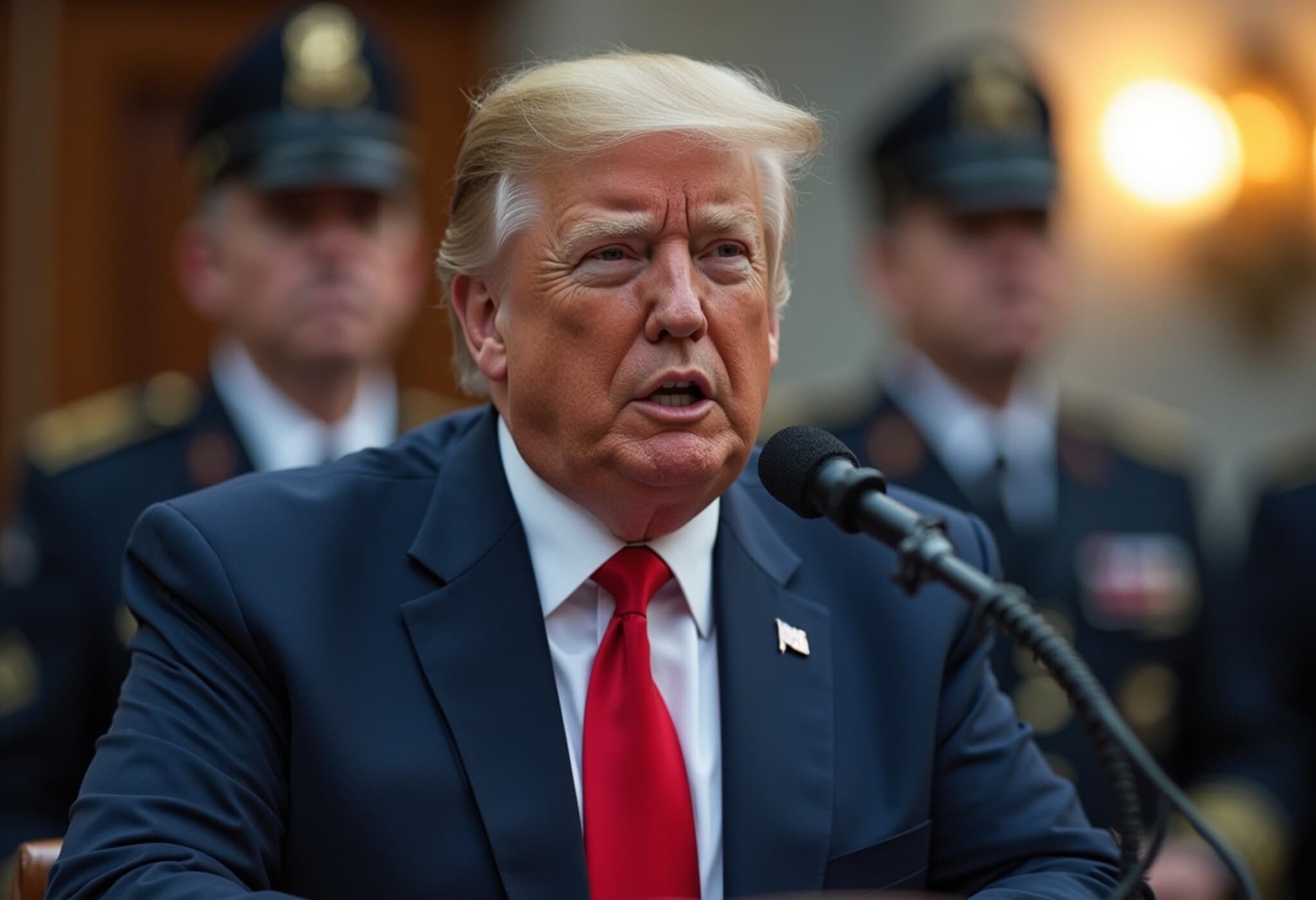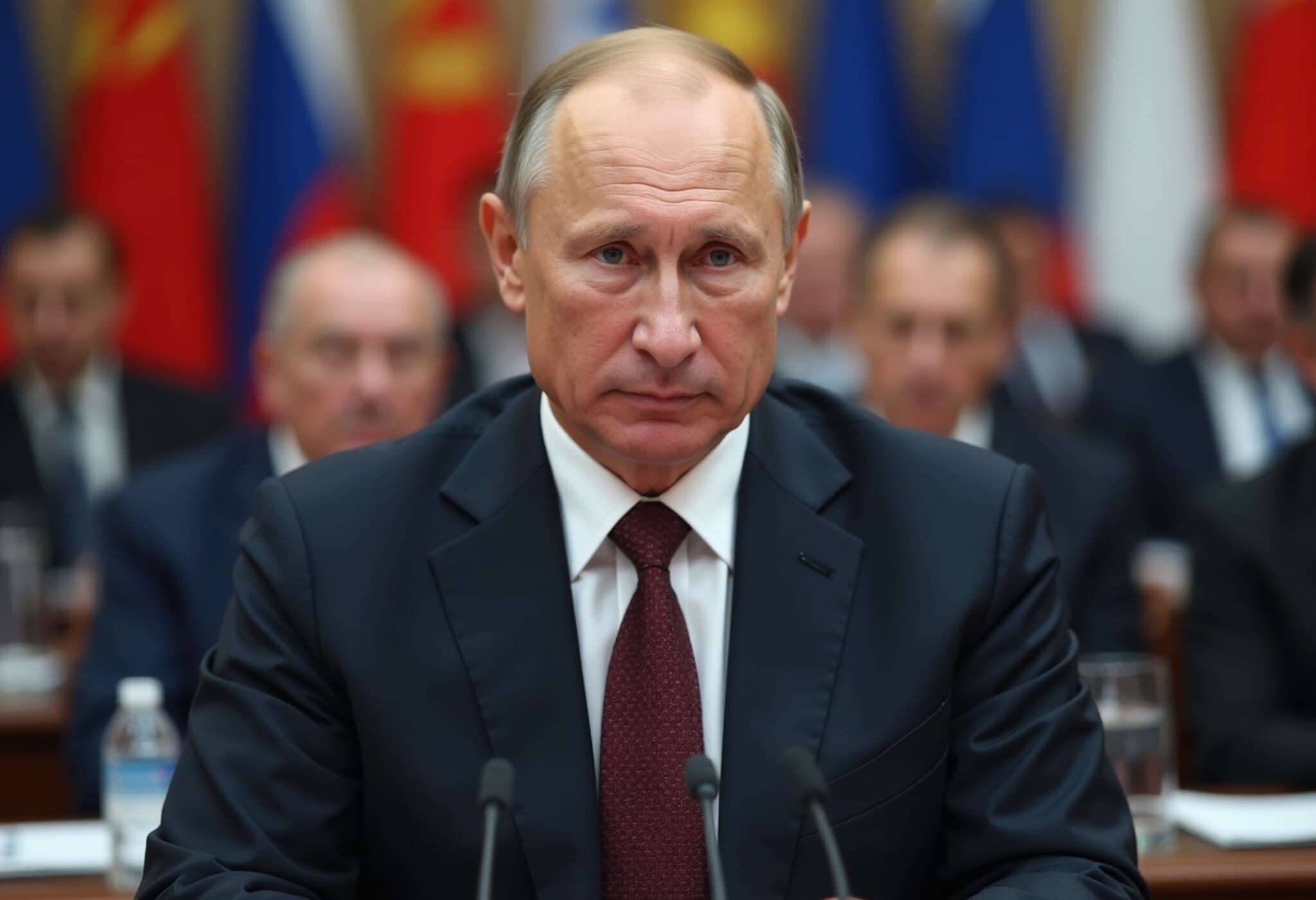North Korea Sends Troops to Support Russia’s Kursk Reconstruction
In a significant development amidst ongoing conflict, North Korea is dispatching 6,000 military personnel to assist in rebuilding Russia's war-torn Kursk region. This move follows a recent visit by Russia’s top security official to Pyongyang, further strengthening ties between the two nations.
Details of the Reinforcements and Reconstruction Efforts
Sergei Shoigu, Secretary of Russia’s Security Council, revealed that North Korea will send 1,000 combat engineers (sappers) to clear mines and 5,000 military construction workers to restore vital infrastructure damaged during the conflict. These forces will focus on clearing explosive remnants and rehabilitating roads, bridges, and other essential facilities in the Kursk oblast.
Shoigu emphasized that this deployment symbolized the deepening military cooperation between Moscow and Pyongyang, aligning with their Comprehensive Strategic Partnership Agreement signed last year. He noted the rapid progress in implementing this pact, which has led to several high-level visits between the two countries in recent months.
Honoring Fallen Korean Soldiers
Both Russia and North Korea plan to establish memorials commemorating the Korean soldiers who fought and died in the battles for Kursk. Shoigu mentioned discussions about creating a memorial complex and museum in Pyongyang, with cooperation from Russian officials, as a tribute to the sacrifices made by the Korean People's Army during these operations.
Background: The Kursk Conflict and North Korean Involvement
Initial reports indicate that North Korea had already deployed roughly 12,000 troops to Kursk in late 2024, after Ukrainian forces advanced and occupied nearly 500 square miles of Russian territory in August. With the support of North Korean contingents, Russian forces managed to reclaim almost all of this area by spring 2025, pushing Ukrainian troops out of the region.
However, the fighting took a heavy toll. According to intelligence estimates from the UK Defense Ministry, over 6,000 North Korean soldiers were killed or wounded during the Kursk engagements, a sobering reflection of the brutal confrontations that transpired.
The Growing Moscow-Pyongyang Alliance
Shoigu’s frequent trips to Pyongyang—his third visit in just three months—underscore the accelerating cooperation between Russia and North Korea. The joint efforts in Kursk are just one manifestation of a broader strategic partnership, driven by both geopolitical interests and wartime exigencies.
As reconstruction efforts proceed with the help of Pyongyang’s personnel, the Kursk region's recovery will be an early test of this expanding alliance’s effectiveness on and off the battlefield.

